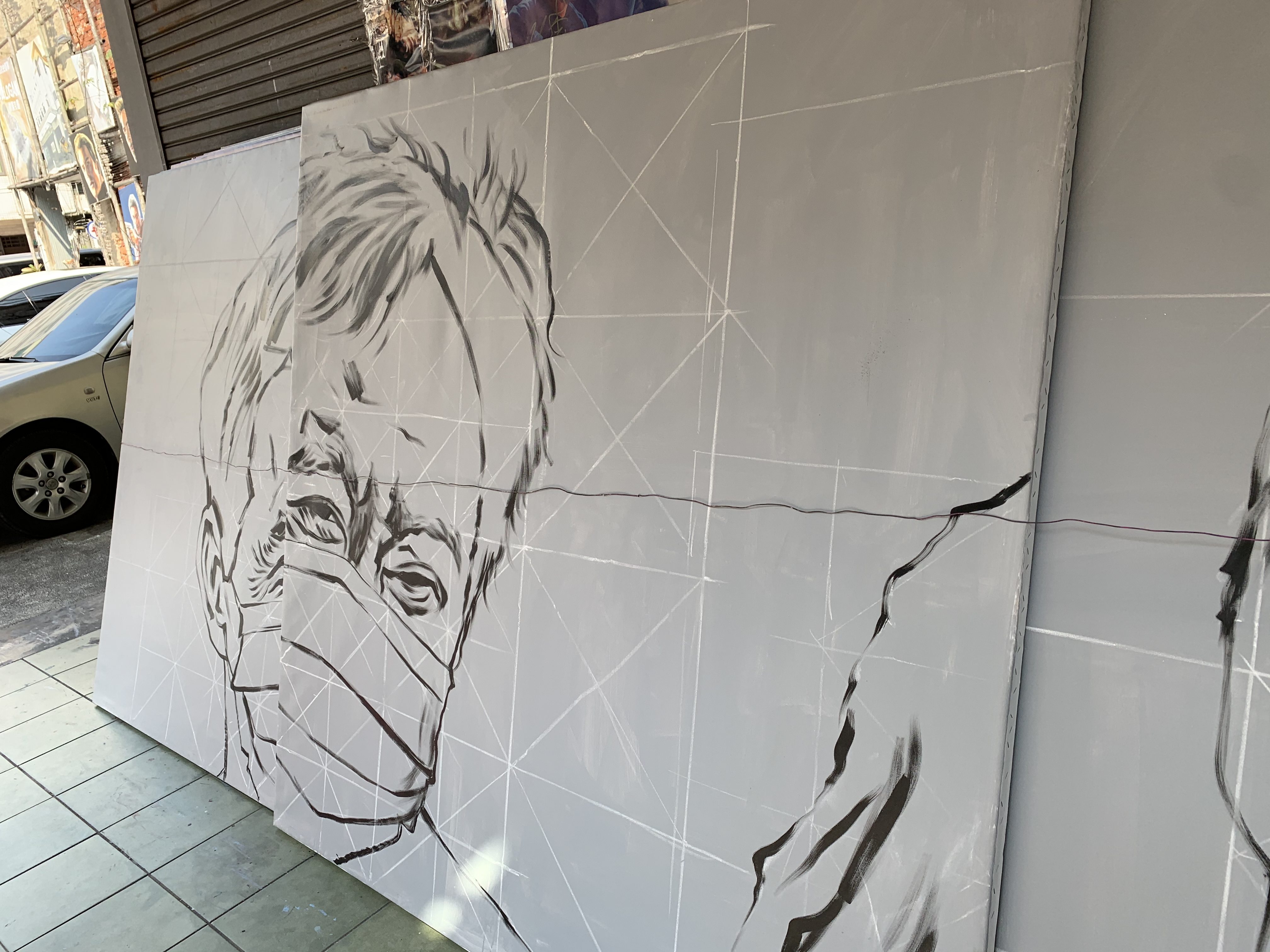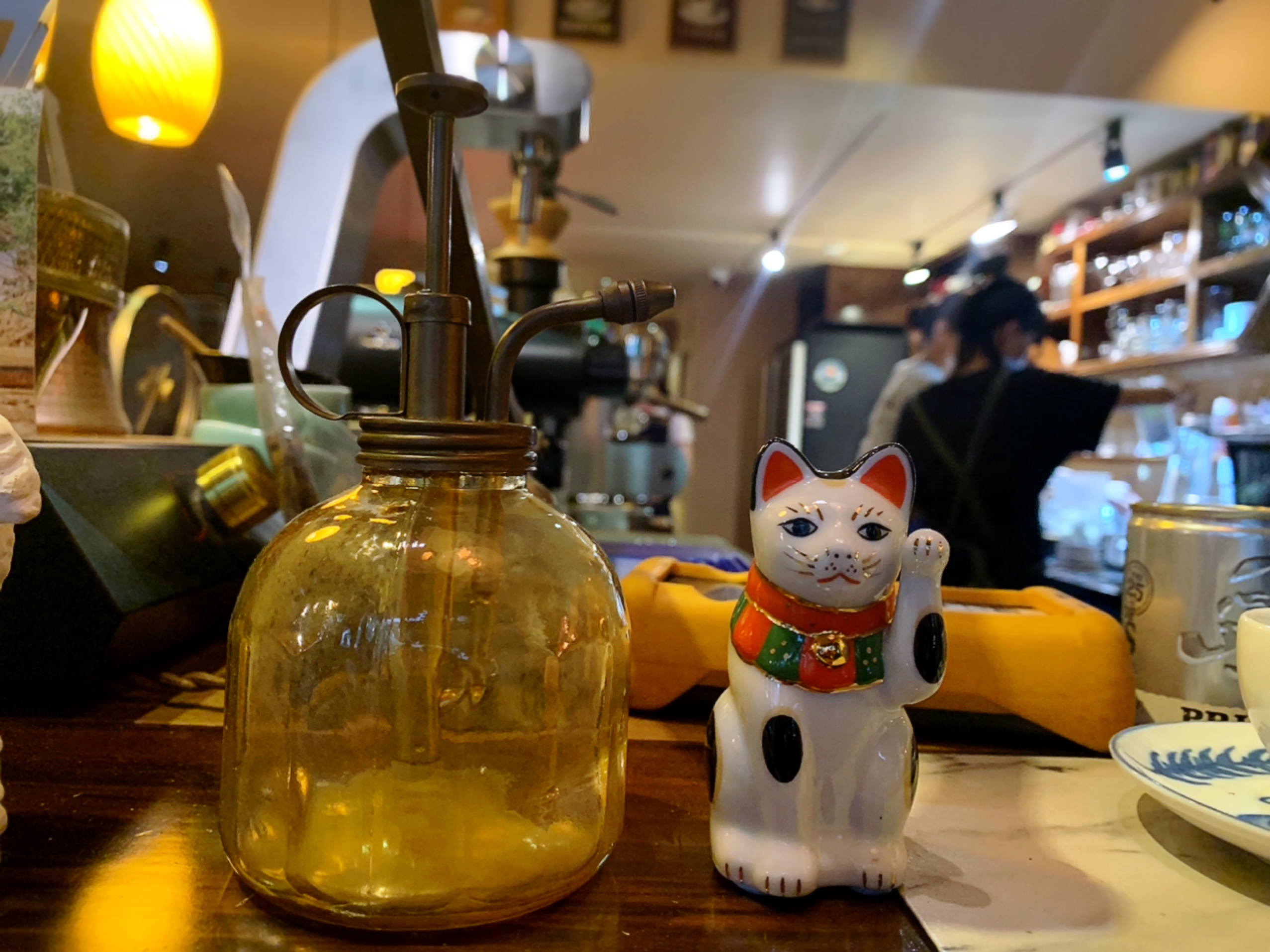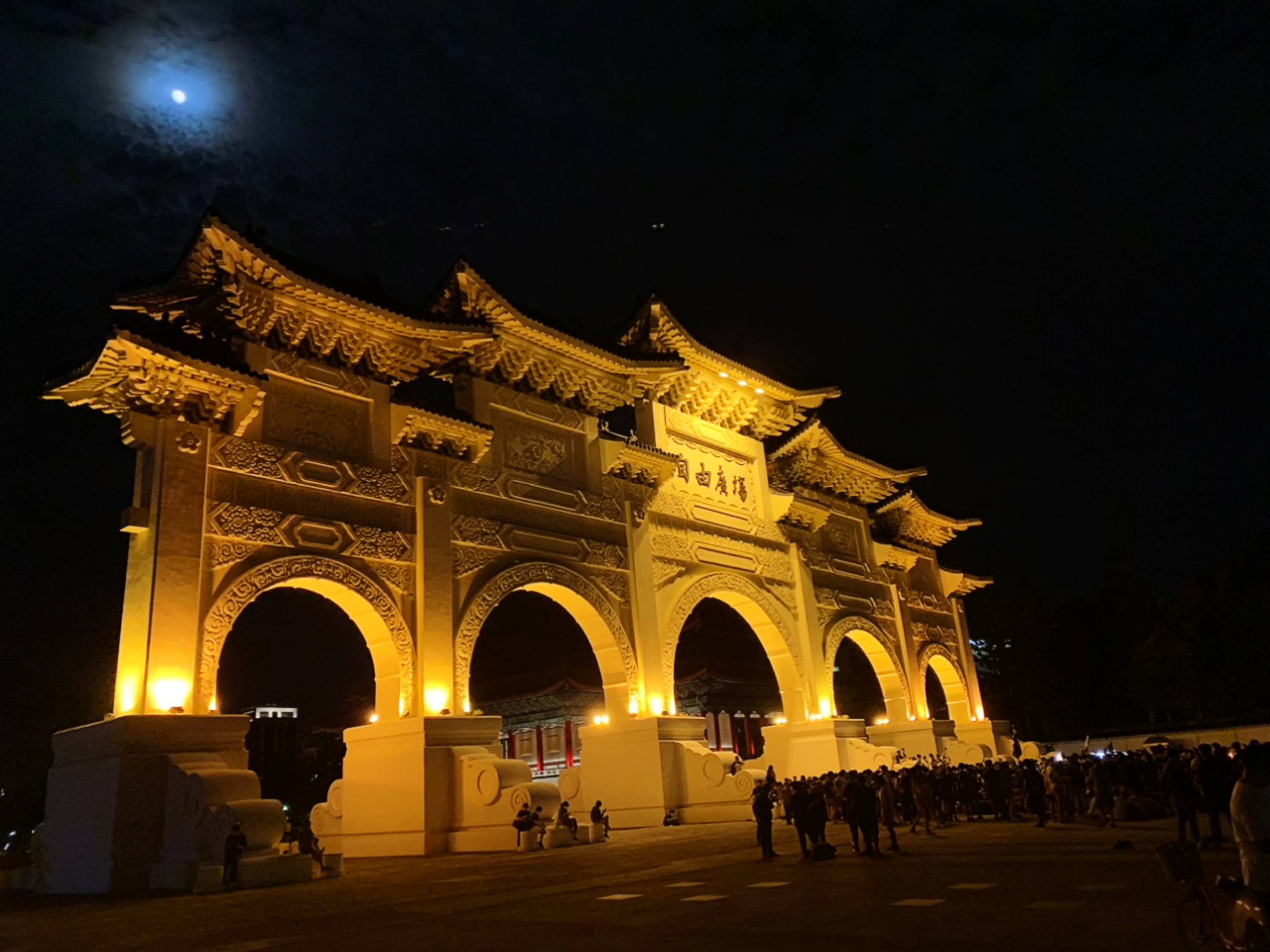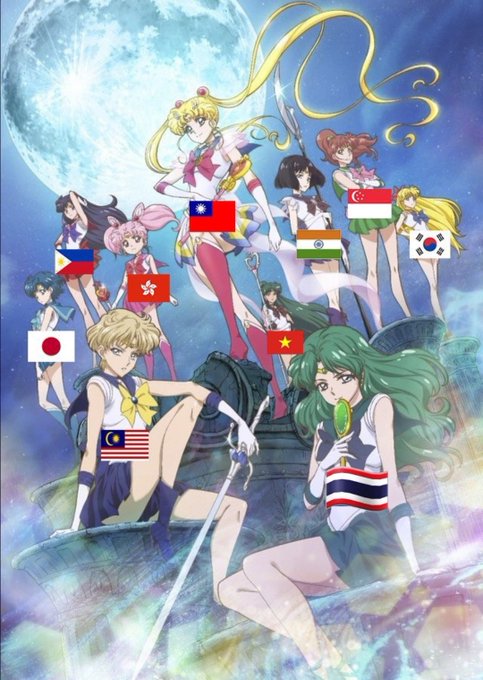
I usually choose photos for metaphorical reasons -- I don't have a clear reason why I selected this one but I think it works. Draw your own conclusions.
Anyone reading this has surely heard by now that a popular summer language program that Harvard University held in China until recently is now being moved to Taiwan. The program director cited a chilly attitude from the Beijing host university as well as logistical factors -- for instance, separating the students into two dorms of quite different quality -- for the decision.
The program offered not just language study but chances to travel around the country and learn about Chinese culture and history. Now, all of that will be happening in Taiwan, which means traveling around this country and learning about its own unique culture and history.
From the New York Times:
The program’s director, Jennifer L. Liu, told The Harvard Crimson that the move had been driven by a perceived lack of friendliness on the part of the Chinese host institution, the Beijing Language and Culture University. Harry J. Pierre, a Harvard spokesman, said, “The planned move of this program from Beijing to Taiwan has been considered for some time and reflects a wide array of operational factors.”
Other people contacted for comment said it was a purely logistical move and that Harvard was not looking to cut its ties in China. That could just be the opinion of one professor, or it could be a band-aid statement. But if it was truly just a logistical move, why say this?
“It is hoped that in the free academic atmosphere of National Taiwan University, we can lay a solid Mandarin foundation for the excellent students of Harvard,” the university said in a statement.
Frankly, however, I don't care what the actual reasons are for the switch. It doesn't really matter. This is going to be a fantastic chance for students interested in the 'Sinophone' world and studying Mandarin to be exposed to Taiwan. Perhaps this is one of the few times that having Mandarin as a main language in Taiwan is actually helpful for the country, rather than just more evidence of KMT-imported cultural and linguistic imperialism. This is a no-brainer, but I feel like it's worth spelling out: these sorts of positive experiences and interactions are the backbone of connections to the international community for Taiwan, and they also foster general goodwill among people who might go on to careers or positions of influence where being well-disposed towards Taiwan will be to Taiwan's benefit.
When one encounters something in a positive way and have good experiences with it, whatever values are transmitted or embedded in that experience (intentionally or not) are going to be more likely to influence that person. These can be toward a greater good, or they can be detrimental.
I'm going to go off-topic here to try and make a larger point: a good friend of mine described the negative end of this perfectly once, when discussing the more unfortunate side of how this works.
Imagine you're this Western guy, you come to Taiwan and you meet a really wonderful woman. She's smart, beautiful, fun, cool -- and you even like her family. They're so welcoming and friendly. You date and maybe marry this woman. And she, along with her whole family, are these deep-blue KMT supporters. You don't speak much Mandarin (maybe you learn it, maybe not, most likely not all that well) so as far as you can tell, whatever they're saying about society must be right, because they're so great, and they're from here. They must know, they're Taiwanese! And they can be trusted because you know they're good people, right? And you don't really understand what TVBS is blathering on about in the background, or if you do you're so used to it that you don't register that they're about as reliable as Fox News.
So then you go online, or to a social event, and you come across people discussing Taiwanese politics in English. Some are Westerners, some not. And they seem to just really hate all the people your wonderful wife and friendly in-laws like. Perhaps they're even saying KMT voters are terrible -- but they're literally your family! In fact, they don't seem to understand Taiwan at all, because what they're saying sounds so different from the pro-KMT narrative you've picked up from this really positive experience.
Of course, you defend your wife's and in-laws' views, which you've come to see as reasonable and correct, and you're surprised that all that anger gets spewed at you now. And you're confused about why. Your pan-blue local fam is so nice, and these online haters are so mean, of course you're just going to dig in.
And poof, you have the odd pro-KMT Westerner who doesn't get why their views on Taiwan are not cool at all, and actually deeply misrepresent Taiwanese history.
(I use a heterosexual male example here but it's certainly not limited to them. It just seems to be mostly them.)
Now, think of that in terms of China.
You're a college student. You got into Harvard so you're either very smart or very rich (perhaps both, but probably not). You take an interest in Chinese, and sign up for this awesome study abroad program in China. You're aware that China is authoritarian, but you either don't care (if you're rich), or you earnestly don't want to judge people based on their government (if you're smart).
You go, and you have this amazing time. The Great Wall is stunning! Your Chinese classmates are so friendly! Beijing is so historic! You're learning so much and seeing the world. You take various culture-related classes and fall in love with Chinese culture. You're impressed by the sheer history of it. And all your new friends in China -- who are welcoming and friendly -- also seem to think their government is fine, or at least they don't say it's not. And they're Chinese so they must be right! So your interest in China only deepens based on this amazing experience you've had.
Then you return to the US and hear all this criticism of China, sometimes by people who've never been to China. You've never been to Taiwan, so you don't have any emotional attachment to it, and anyway in China it was just treated as part of China so you passively absorb that. You think this is ridiculous -- you've been there, it was such an amazing experience, and the portrayal of this "genocidal" and "totalitarian" "surveillance" state doesn't at all match your experience. After all, the government never seemed to be watching you stumble back to your dorm drunk at 4am.
(They probably were, but that's beside the point.)
Of course you feel angry, even speak up. No, we should be deepening our connections with this beautiful country I was so fortunate to visit. We should be engaging them! It's really not so bad! All those critics are so awful, and my Chinese friends are great. So if the critics say there's a genocide but in China I saw no evidence of that, those critics must be wrong or at least it's debatable, right? And Tiananmen was a long time ago, the square looks peaceful now, it's really not a big deal. And look how many people they lifted out of poverty! Does it really matter if it's not a democracy?
And since it's really not so bad, why are people so opposed to Taiwan being governed by China? It's a great country! And Taiwanese speak Mandarin and have the same culture and history, I mean for most of history it was China, right? We really don't need to move to the brink of war over this, do we? And I heard a lot of those "pro-democracy" protesters liked Trump!
I can't say this happens to everyone who studies Mandarin in China, but it's certainly a contributing factor. They go there, have a good experience, and then come back and wonder why everyone's so critical of this "evil" government in a place where they've just had a great time.
Some might go on to be influential people. Others might go into "Sinology" (hate that word), continue to study Mandarin, or at least retain their connection to China.
And boom, you get a whole bunch of China experts who are weirdly accommodating and defensive of the absolutely horrific, genocidal Chinese government.
Not all, to be sure. There are those who love the language, cultures and history but not the government, but I've come across enough 'China experts' who will go to bat for the CCP (or at least favor engaging with genocidal dictators) to know it's a thing.
I'm willing to bet most of them think that their overall pro-China view is part of a larger pro-Asia view, or an integral part of advocacy for Asia. They probably don't realize that China isn't very well-liked in Asia, and standing with other Asian countries is better for the region than being friendly with the CCP.

I also know this because of how close I came to being like that. I didn't formally study Mandarin in China, I just taught English there for a year (whoopty-doo, I know). But I was interested in the country and might've come away feeling more accommodative toward the government if my time there had gone differently. I did have an interesting time, but I wouldn't say it was great.
I did notice, for example, that I was indeed being monitored to some degree and that made me uneasy. I got sick a lot, and the pollution was a factor. I made local friends, but I had foreign ones too, and we weren't being shepherded around on a study program. So if one of us felt something was a bit dodgy -- like, oh, realizing that our employer seemed to have far too much knowledge about where we were when not working -- we could touch base and see that we were not imagining things.
Though I don't talk about it much, I also had a particular experience there that will never leave me. At my going-away party, the younger brother of the school owner got way too drunk and told all the foreigners about how he'd watched his best friend get shot in the head at Tiananmen Square. He'd been there. I'll never know why he told us exactly, but very drunk and these foreigners aren't going to blab and I am subconsciously looking for a way to express this trauma were probably factors.
And I came with an inoculation that so few Americans get from their education system: a Social Studies teacher who actually talked about Taiwan, even though it hadn't been in the curriculum. He'd fought in the Korean War and apparently spent some time here, and kept up with what was going on in the country. So by the time I went to China, I already knew that Taiwan was democratic, that a lot of Taiwanese did not want "unification", that both Chiang and Mao were horrible men who did horrible things, but Mao was worse (or at least, he did horrible things on a grander scale).
So when friendly Chinese people I met would speak of how great their government is, or just treat Taiwan as though it were obviously and irreversibly Chinese, I already knew to smile while inwardly rolling my eyes.
But I could have very easily cultivated a totally different attitude, and be preaching "engaging with China" and "deepening ties" as a Shanghai-based blogger if those cards had not fallen as they did.
And you'd all hate me. You'd be really mean on social media -- I know I'm mean to the tankies -- and I'd obviously fall back on my amazing experience in China and dismiss you all as haters. My politics lean left and I've worked through a lot of frustration with the slowness of the democratic process, so I might have truly ended up a communist or even a tankie. I hope good sense and a moral compass would've prevented that, but most of us think we have good sense and a moral compass, even those of us who don't.
Anyway, point is, all that goodwill toward China that program likely fostered among eager Harvarders Harvodians Harvardites Harveoles Harvardi Crimsonosi Cantibrigians (I looked it up) is now going to be fostered toward free, democratic, amazing Taiwan.
And because we can talk about things like Tiananmen Square, Taiwanese identity, Tibet, the Uyghur genocide and more, they'll not only learn the (better, prettier) Traditional characters but also get a more accurate picture of what the rest of Asia really thinks of Chinese aggression.
At the very least, they'll be exposed to a world where the pro-China view is not the default pro-Asia view.
Yay!



















